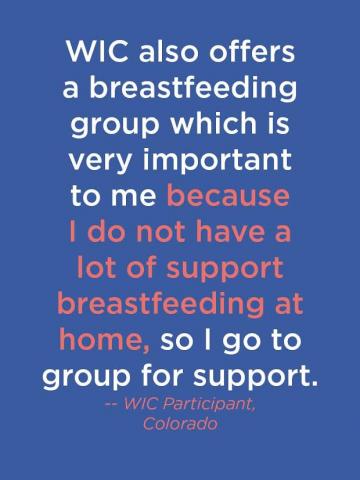
WIC: #StopTheCuts to Protect Women and Children!
Many of you are probably familiar with WIC—the Special Supplemental Nutrition Program for Women, Infants, and Children—and what a vital role it plays in ensuring healthy, nutritious diets for families facing financial difficulty. However, did you know that in addition to providing a healthy food package, WIC also provides breastfeeding education, counseling, and support, nutrition education, and referrals to healthcare and social services?
The diversity of WIC services is matched by a diversity of participants in the program. Moms who utilize WIC come from all over the country, have a wide range of backgrounds, and have different priorities for themselves and their families. It is unsurprising, then, that WIC means different things to different moms. For some moms, WIC means they can purchase fresh fruits and vegetables that may have been out of their price range before participating in the program. For other moms, WIC means they are able to breastfeed their babies for the entire first year of life, due to the information and support provided by WIC staff. For still other moms, WIC means they can get the sound nutritional advice that they need to feed their families well and ensure that their children grow up healthy. Regardless of a mother's specific priorities, WIC serves a source of support and guidance during an otherwise difficult time in her life.
Moms believe in the power of WIC for good reason: Evidence from across 41 years of the program's existence indicates that WIC is effective at promoting optimal health in moms and kids. Numerous studies have shown that pregnant women who participate in WIC have longer pregnancies, leading to fewer premature births. In addition, research suggests that WIC participation leads to fewer low and very low birth-weight babies and fewer fetal and infant fatalities. WIC also helps to ensure infants’ and children’s normal growth, reduces levels of anemia, increases immunization rates, improves access to regular health care/social services and improves diets, including intakes of iron, potassium, and fiber and consumption of whole grains, fruits and lower-fat milk. WIC children, who can participate in the program through their fifth birthday, start kindergarten with a healthy foundation and ready to learn.
In addition to being one of the most effective federal health programs in terms of health outcomes, WIC is also one of the most efficient, cost-effective programs and results in dramatic cost savings over time. Long-term cost savings are achieved through the prevention of preterm births, increasing breastfeeding initiation and duration, and improving children's health. In addition, state efforts to keep WIC costs low contribute to nearly $2 billion in cost savings per year, accounting for about a quarter of program costs (1).
Despite all of the evidence pointing to the positive impacts of WIC and the program's cost-effectiveness, WIC still faces funding threats periodically. WIC is a discretionary program, meaning it is not mandated in law that we must be funded at a level to meet caseload needs. Despite occasional threats to cuts in funding, however, we have fortunately been funded adequately to meet caseload needs for the last twenty years.
So far, it is looking like 2016 will be no different. The Senate's and House's 2016 proposed funding levels for WIC, while less than the 2015 funding level, should be adequate to meet caseload needs in 2016. The proposed drop in funding is in recognition of WIC’s declining caseload, from a high of roughly 9 million participants in 2012 to just under 8 million in 2015.
While we in the WIC community are glad that we will not be forced to turn participants away in the coming year, we remain concerned about reductions in funding in the long-term. If WIC participation stabilizes at around 8 million per month, or even begins to increase again, the continuation of domestic spending caps will almost certainly result in negative consequences for the WIC program.
In January 2013, prior to the enactment of so-called “sequestration” spending cuts, the National WIC Association conducted a survey of our members, to ask the question: “How will sequestration affect WIC in your state?” We discovered through this survey that a 5.1% cut, which was predicted at the time, would result in 600,000 participants being kicked off the program. In addition, a cut such as this would result in WIC hiring freezes, staff layoffs, clinic closings and/or consolidation, reduced service hours, reduced outreach, and wait lists for participants, among other consequences.
Luckily, WIC was still able to meet caseload needs in 2013 and 2014. Additionally, WIC was safe from a cut in FY 2015 due to the sequestration changes enacted in the Bipartisan Budget Act of 2013 (otherwise known as the “Ryan-Murray Deal”).
Even though WIC has been able to meet caseload needs for the past several years, it should be noted that the program operates within a very tight budget, particularly for Nutrition Services and Administration (which accounts for everything WIC does outside of the healthy food package). Some of the consequences noted above—clinic consolidation, reductions in staff, reduced outreach—are already a reality for WIC clinics, and have been for the past three years or longer.
According to a USDA study published in 2014, nearly 40% of eligible women, infants, and children are failing to access WIC. If the spending caps remain flat and/or if sequester cuts continue to be enacted in 2017 and beyond, this percentage could dramatically increase.
We strongly implore Congress to #StopTheCuts and ensure that vital human needs programs are able to successfully meet the needs of the people in this country. WIC cannot continue to be the incredibly effective, efficient program it is known to be if funding continues to be reduced. Please, Congress: #StopTheCuts. Our moms and kids are depending on it.

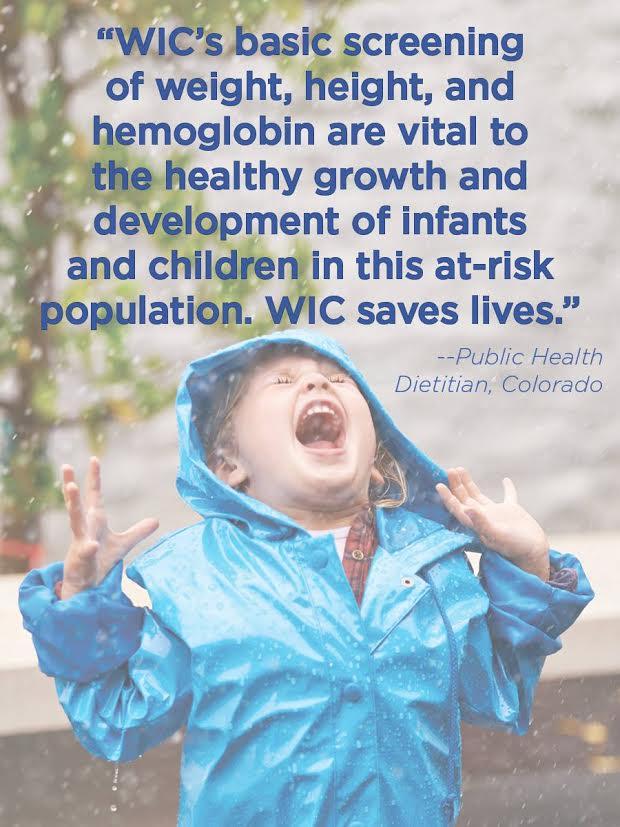
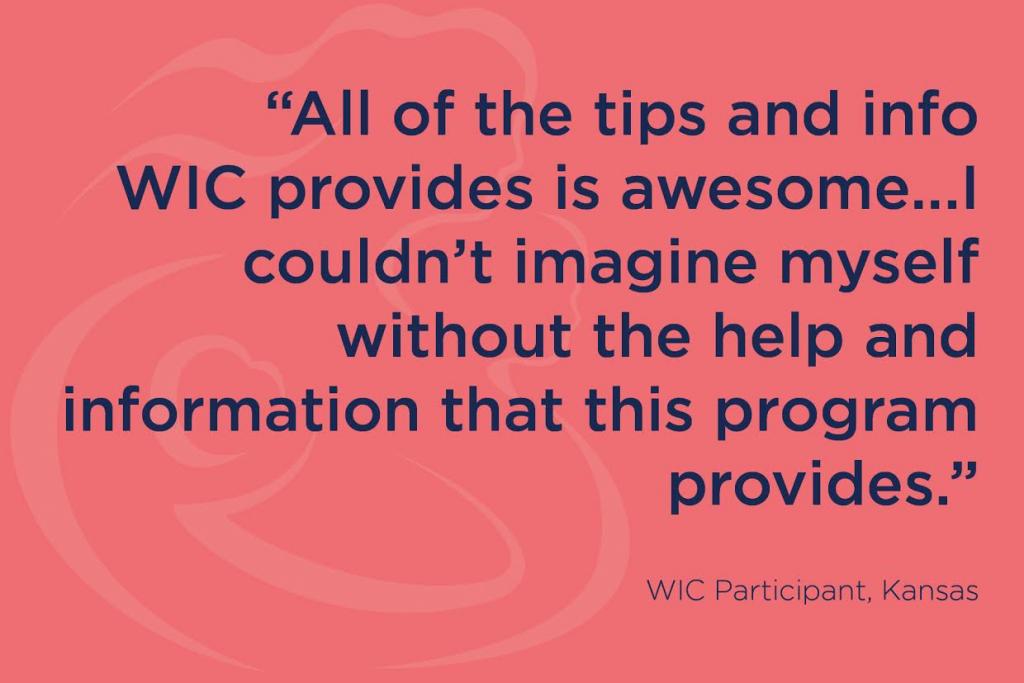
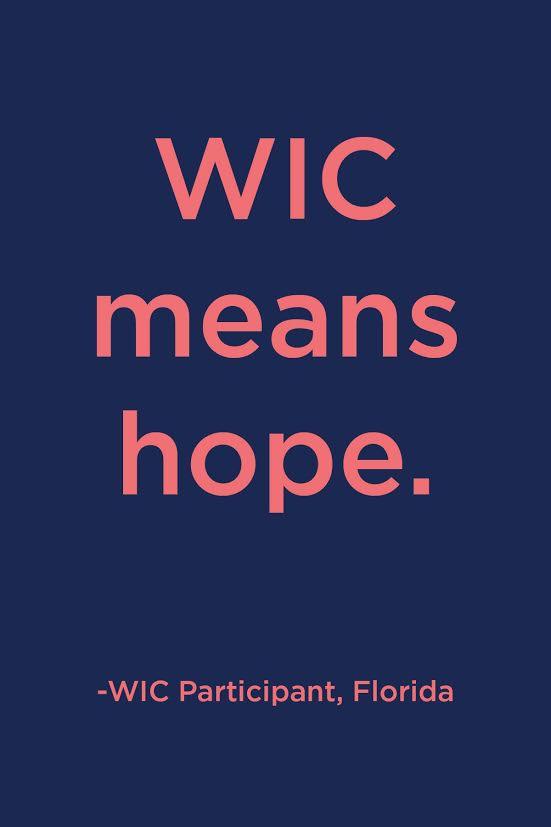
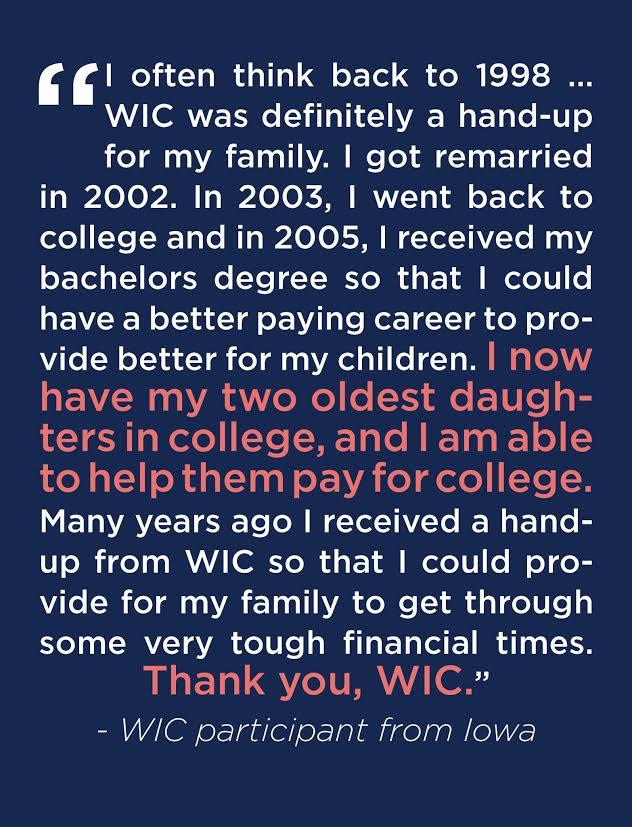



The views and opinions expressed in this post are those of the author(s) and do not necessarily reflect those of MomsRising.org.
MomsRising.org strongly encourages our readers to post comments in response to blog posts. We value diversity of opinions and perspectives. Our goals for this space are to be educational, thought-provoking, and respectful. So we actively moderate comments and we reserve the right to edit or remove comments that undermine these goals. Thanks!